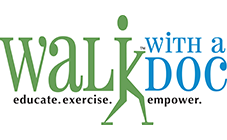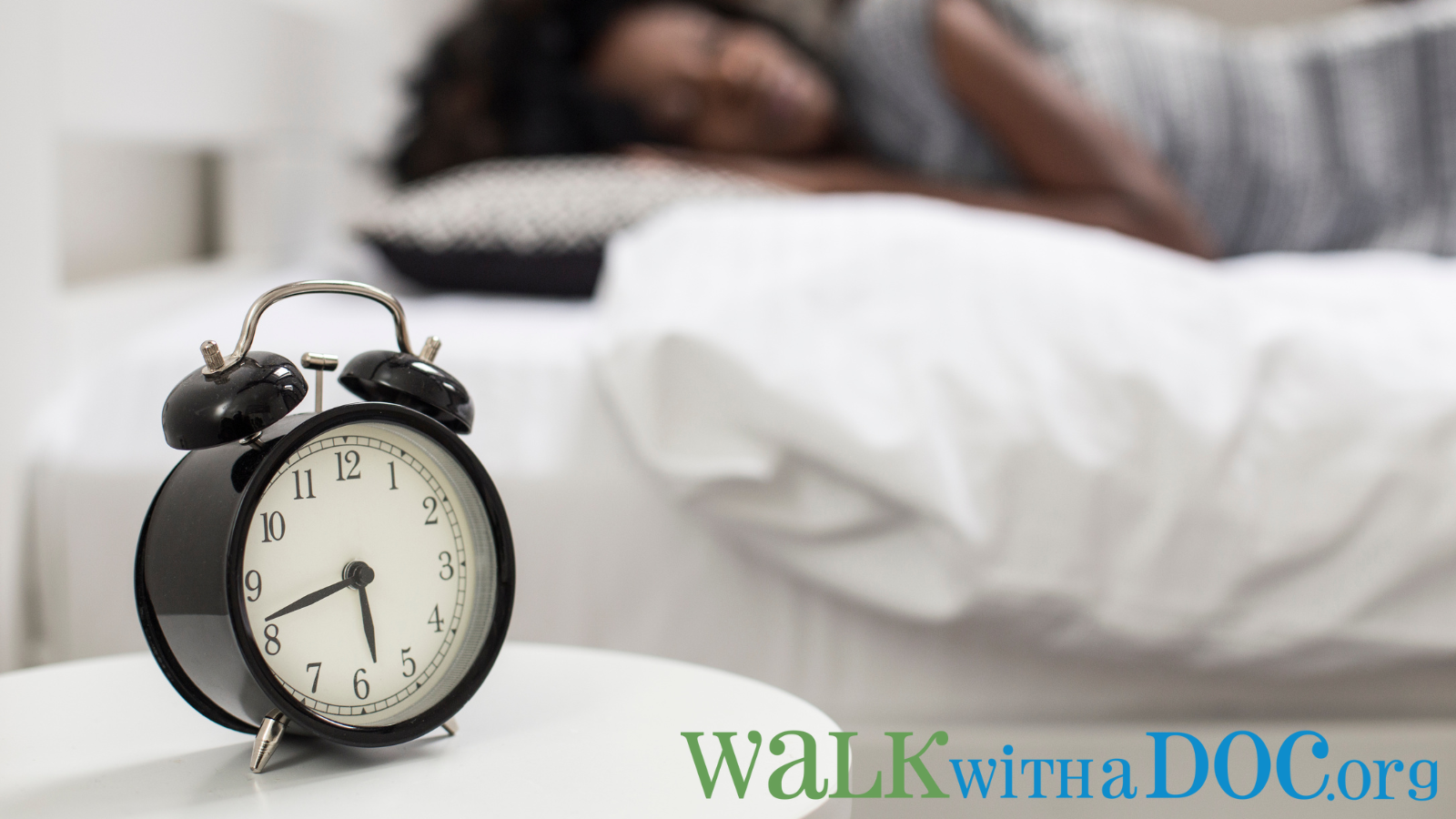Good morning!
How did you sleep last night? I hope you slept well. It’s important. There are some days when it seems like all of my patients are having sleeping issues and are curious about how to get a better night’s rest. Here’s what I share.
First, many of our patients get screened for sleep apnea. Ironically, many patients that end up testing (very) positive for sleep apnea say they don’t have it – they sleep great. During the office visit, it is usually the spouse that speaks up regarding snoring, or less commonly, periods when the patient is not breathing (apneic) while asleep.
What are the signs and symptoms that we look for? Usually, the patient is burdened with fatigue during the day, often to the point where they say, “Doc, I am WIPED OUT! Is it my age or what? I have NO energy.”
In addition to excessive daytime sleepiness; headaches, swollen legs, forgetfulness, and heartburn (or a sour taste in your throat) are some other associated symptoms. We ask about snoring because it is caused by compression on the trachea (windpipe) and that is the “obstruction” in obstructive sleep apnea (OSA). If the warning signs are there, the next step is usually a sleep study.
Here’s another way of looking at it: STOP BANG (acronym). If you have 4 of these, please talk to your doc.
S: Snoring
T: Are you Tired during the day?
O: Has anyone Observed you stop breathing while asleep?
P: Elevated blood Pressure
B: BMI >30
A: Age >50
N: Neck size > 40 cm
G: Gender = male (sorry dudes – me too)
Some people are intimidated by the thought of a sleep study. I imagine this is a combination of not wanting to find out you have to wear a mask, the inconvenience of spending the night, and the cost – in that order. I understand. But, on the brighter side – let me please say this.
Those that do find they have sleep apnea and get treated feel 20 years younger. They fall in love with the CPAP to the point that they end up refusing to come into the hospital, or go on vacation, without it or whatever device ends up helping them. The biggest myth about this is that sleep apnea is just for a good night’s sleep. There are many studies linking OSA to hypertension (high blood pressure), atrial fibrillation, coronary artery disease, stroke, diabetes, and pulmonary hypertension. Sleep apnea is dangerous and needs to be addressed.
Okay, thanks, had my sleep study – it’s not that. What should I do?
Here are some tricks (followed by a link to a Cleveland Clinic webpage) You may have tried them all, but it doesn’t hurt to revisit.
Exercise – Remember, this is like a medicine, it has a million positive effects on our bodies – do this in the morning. Exercising late at night releases those great catecholamines (adrenaline) and serotonins that keep us “fired up”. We want that during the day to enable a peaceful night. Another reason that I strongly recommend exercising in the am.
Caffeine – We are all different, but if you’re having sleep issues – keep this before noon. Many will fall asleep fine but wake at 2am ready for work. Not good for the 7-5’ers.
Read a book – A book you don’t really care for that much. We all know and have those. We have a friend that reads instruction manuals. Boring I know, but how bad do you want to sleep? Do this in a place separate from the bedroom. Don’t choose this book . We love it. It’s the official Walk with a Doc Book of February.
Make a list – I love this one. The majority of us have too much stuff going on. Too many people we want to keep happy. Anyway, write down all those things spinning through your head. Once they’re on paper, we don’t have to worry about them. They are not going anywhere.
Medicines – Personally, I don’t like or prescribe them. Melatonin, however, is non-addictive and seems to mellow most. I’m not a fan of Ambien, Lunesta, etc. With these, we are just patching the problem. They are certainly okay for isolated events, but they are addictive and not something you want to use to fix the situation long term. Benzodiazepenes (anything ending in -azepam)? Ugh, not for sleep. Again, isolated incidences fine but should not at all become a routine.
Here’s the handout. Why are we spending time talking about sleep?
C’mon – it’s huge. It may not affect the next day, but certainly the one after.
(“Thanks David. You know what? Maybe I’ll just keep this newsletter on my nightstand; I’ve already been asleep for 10 minutes now.”)
/sep
Movement & Nature
Dr. Dolapo Babalola, Walk with a Doc Leader in Atlanta, recently had the opportunity to sit down with The Weather Channel and talk about the health benefits of nature and movement. Getting outdoors and spending time in nature can have tremendous benefits for both your physical and mental health, including the treatment of anxiety, asthma, depression, high blood pressure, and insomnia. So what are you waiting for? Head outside for a walk today! Check out the video below and read this article.


